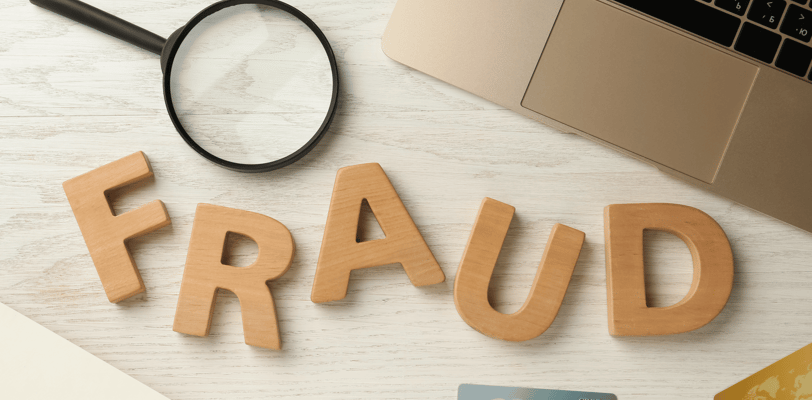Frauds in the Pharmaceutical Industry: A Growing Concern
The pharmaceutical industry is one of the most vital sectors globally, responsible for developing and distributing life-saving medicines. However, like any other industry, it is not immune to fraud. Various fraudulent activities impact pharmaceutical companies, ranging from financial crimes to unethical business practices, endangering both the industry and public health. This blog explores some of the most common frauds occurring in the pharmaceutical sector.
2/11/20252 min read


1. Counterfeit Drugs
Counterfeit medicines are one of the most alarming frauds in the pharmaceutical industry. These fake drugs, often made with incorrect or harmful ingredients, pose severe health risks to patients. Counterfeit drugs enter the supply chain through illegal manufacturers and distributors, leading to massive financial losses for legitimate pharmaceutical companies and a threat to consumer safety.
Impact:
Patients may receive ineffective or dangerous medication.
Pharmaceutical companies face loss of revenue and reputation damage.
Governments and regulatory bodies struggle with enforcement and control.
2. Off-Label Drug Marketing
Pharmaceutical companies are only allowed to market drugs for approved uses as determined by regulatory authorities like the FDA or EMA. However, some companies engage in off-label marketing, promoting drugs for unapproved purposes. This fraudulent practice can lead to severe legal consequences and patient harm.
Notable Cases:
Several large pharmaceutical companies have been fined billions of dollars for promoting drugs for unauthorized uses.
Physicians and healthcare providers may unknowingly prescribe ineffective or harmful treatments.
3. Price Fixing and Overpricing
Pharmaceutical companies sometimes engage in price-fixing or artificially inflating drug prices to maximize profits. This unethical practice leads to unaffordable medications, putting financial strain on patients and healthcare systems.
Examples:
Some companies have been caught colluding with competitors to keep drug prices high.
Essential drugs, such as insulin, have seen massive price hikes due to monopolistic control.
4. Fake Clinical Trials and Data Manipulation
For a drug to be approved, it must undergo rigorous clinical trials. However, some companies manipulate data, fabricate results, or fail to report negative findings to gain regulatory approval.
Consequences:
Unsafe drugs may enter the market, endangering public health.
Companies face lawsuits, fines, and loss of credibility.
The medical community is misled, impacting treatment decisions.
5. Bribery and Corruption
Pharmaceutical companies sometimes engage in bribery and corruption to influence medical professionals, regulatory authorities, and policymakers. This fraud includes:
Paying doctors to prescribe specific drugs.
Bribing officials to fast-track drug approvals.
Providing kickbacks to distributors and healthcare institutions.
Legal Repercussions:
Hefty fines and legal action against companies and executives.
Loss of trust in the medical and pharmaceutical industry.
6. Fraudulent Research and Development Claims
Some pharmaceutical firms exaggerate their research and development (R&D) efforts to attract investors or secure government grants. This includes:
Claiming to develop breakthrough drugs that do not exist.
Misusing research funds for personal gain.
Deliberately delaying clinical trial results to manipulate stock prices.
Conclusion
Fraud in the pharmaceutical industry is a serious issue that not only affects companies but also has dire consequences for public health. Regulatory authorities must strengthen oversight, and companies must enforce strict ethical policies to curb fraudulent practices. Transparency, accountability, and strict legal actions are necessary to ensure that the pharmaceutical industry remains a trustworthy pillar of global healthcare.
